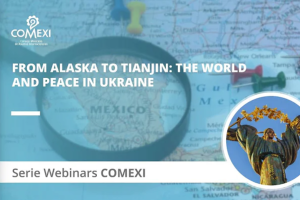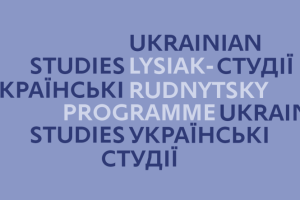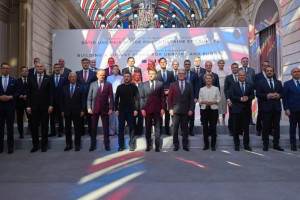Soviet Heritage in Non-Western Countries: Should Ukraine Claim Its Ownership?
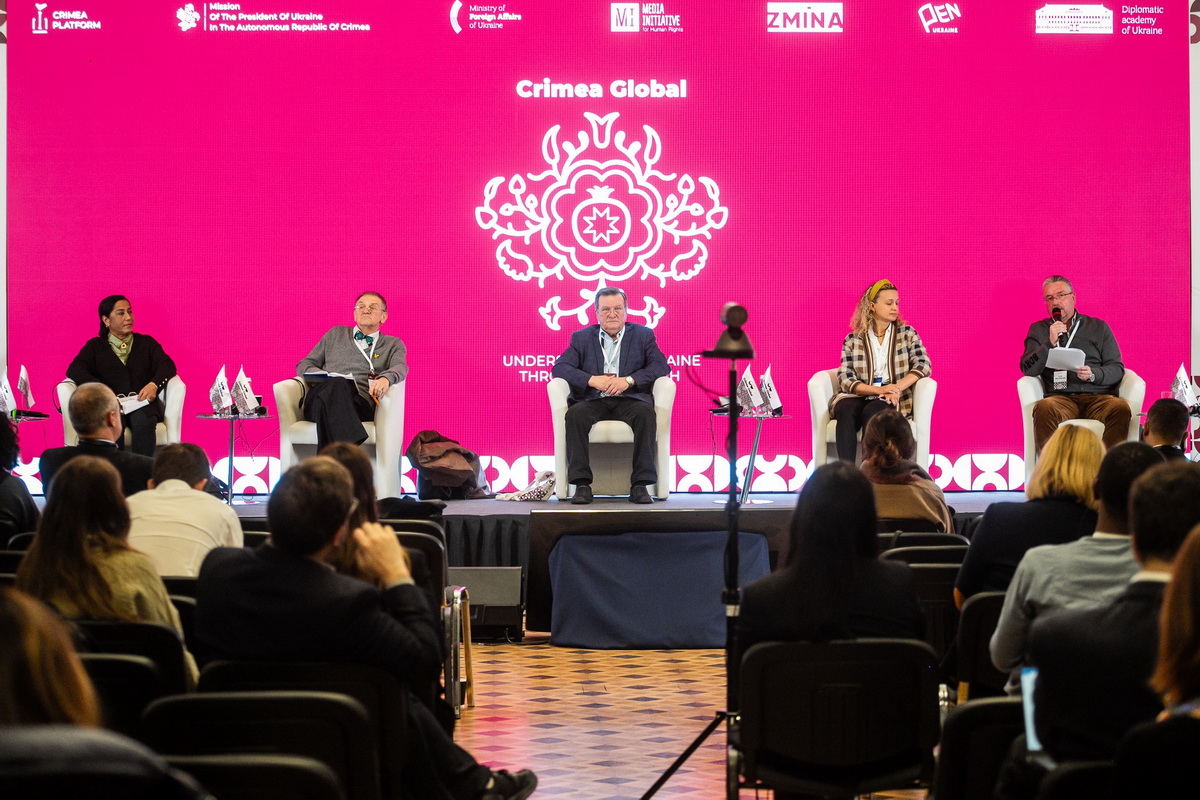
The panel discussion participants explored the historical and contemporary role of Ukraine in cooperation with countries in Africa, the Middle East, and India, emphasizing the importance of strengthening economic ties and distinguishing Ukrainian identity from the Soviet legacy. The panelists highlighted the significance of high-tech projects, particularly in Egypt, the role of Ukrainian exports, and decades of collaboration in military and technical sectors with India. Special attention was given to the need to convey Ukraine's unique identity through historical facts that underscore its contribution to the fight for human rights. The discussion also stressed the importance of a nuanced approach to the Soviet legacy, acknowledging its positive perception in many countries while simultaneously portraying Ukraine as a victim of Soviet imperialism.
Participants of the discussion included Oleh Bielokolos, Director of the Center for National Resilience Studies, political expert, diplomat, and former Chargé d'Affaires of Ukraine in Kenya (2008–2010); Oleksii Haran, Professor of Political Science at the National University of Kyiv-Mohyla Academy and Research Advisor, the Democratic Initiatives Foundation; Mridula Ghosh, Associate Professor at the National University of Kyiv-Mohyla Academy and Chairperson of the Board of the East European Development Institute; Yevhen Mykytenko, Advisor to the Minister of Foreign Affairs of Ukraine and former Ambassador of Ukraine to Saudi Arabia, Jordan, Syria, the UAE, Sudan, Qatar, and Egypt; and Dzvinka Kachur, Vice President of the World Congress of Ukrainians in Africa and co-founder of the Ukrainian Association of South Africa. The panel discussion was moderated by Mariia Tomak, Head of the Crimea Platform Department.
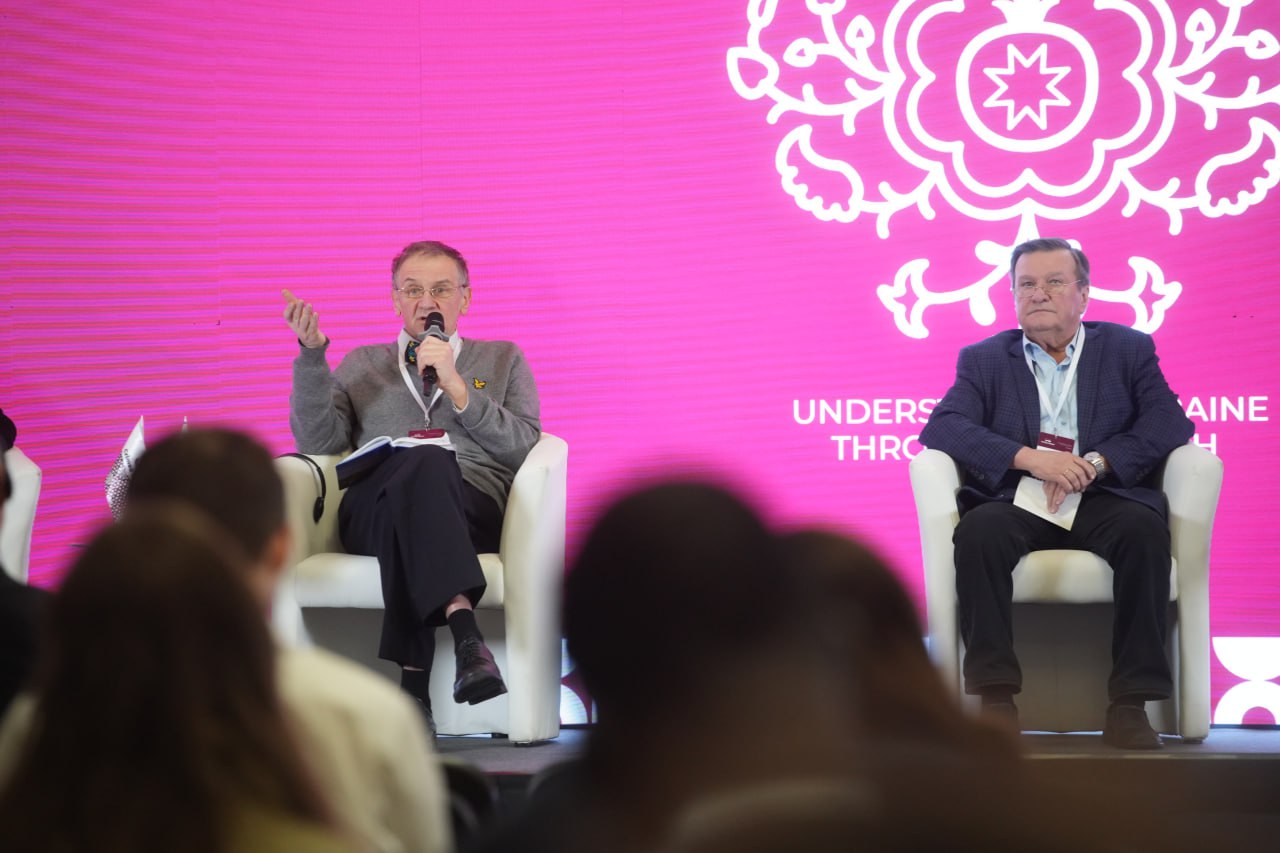
For example, Oleksiy Haran, professor of political science at the National University of Kyiv-Mohyla Academy, scientific advisor to the Democratic Initiatives Foundation, who has visited a large number of countries in the Global South over the past few years as part of public delegations, conveying the truth about the war in Ukraine and an alternative view of Russian aggression, In particular, he noted that people in Asia, Africa, and Latin America are ready to hear about the repressions that Ukraine suffered during the Soviet era and understand why the collapse of communist thinking occurred here, because the Soviet Union committed great crimes in Asia and Africa as well.
“Let's remember Afghanistan and the destruction of a million Afghans. Let's remember the Marxist dictatorships in Africa. An example is Ethiopia, where collectivization based on Soviet models led to artificial famine,” the professor of political science reminded.
But, according to him, these topics in these countries should be presented very delicately, because the Soviet Union generally has a positive image here. This is due to the fact that the Soviet Union helped these countries.
“We hear now in everyday discourse, for example, from representatives of the African National Congress, from representatives of India, that Russia has always helped them and therefore they cannot condemn it. We have to do a lot to deconstruct this Soviet assistance and show that Ukraine, as part of the Soviet Union, participated in this assistance, that Ukrainian diplomats were very actively involved in the processes of decolonization of these countries. By the way, we can recall the first president of Indonesia, Sukarno, who in 1946 called on the residents of the Indonesian city of Yogyakarta to take to the streets and participate in a demonstration to thank the Ukrainian SSR, because it was the Ukrainian SSR that raised the issue of Indonesian independence at the UN. Therefore, we have a double task: on the one hand, to show that the Soviet Union was a colonial empire, and on the other hand, that if historically this empire helped these countries, they should understand that Ukraine played a prominent role among the participants in this assistance,” summarized Oleksiy Haran.






